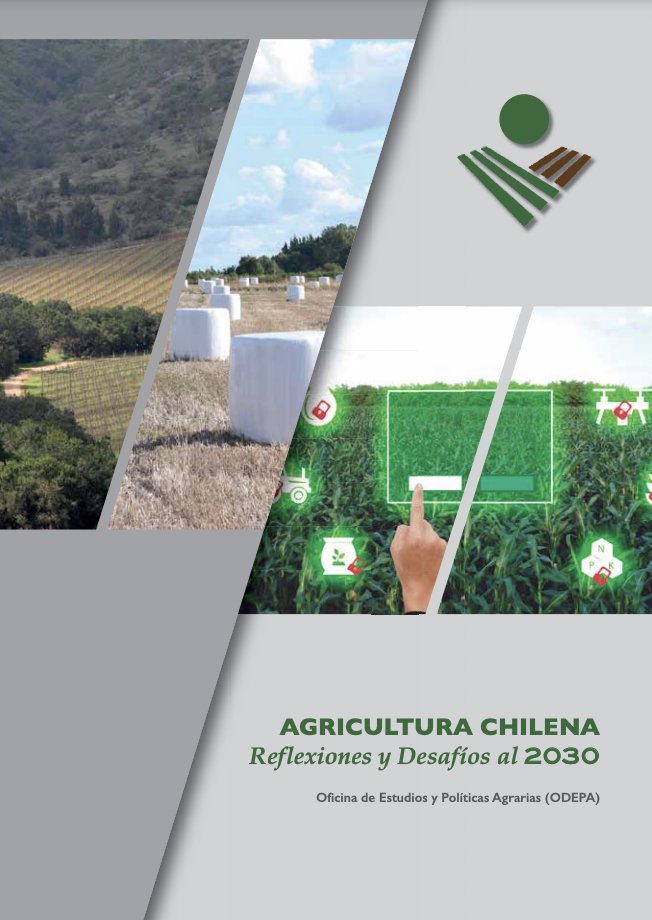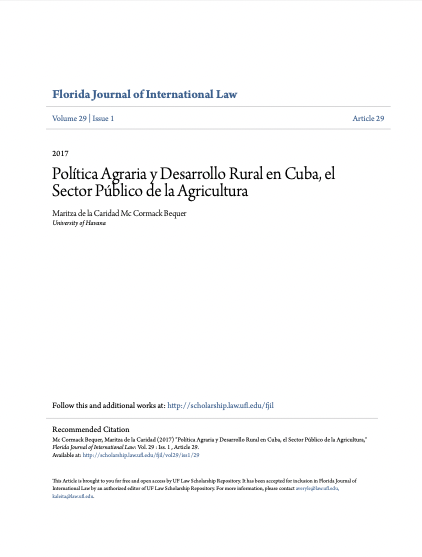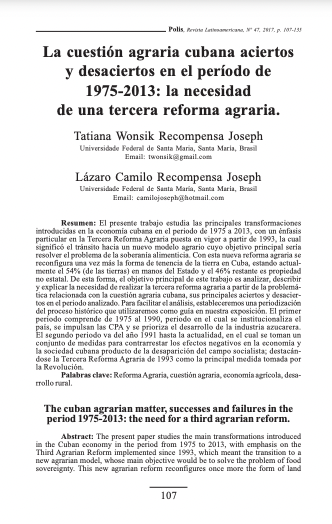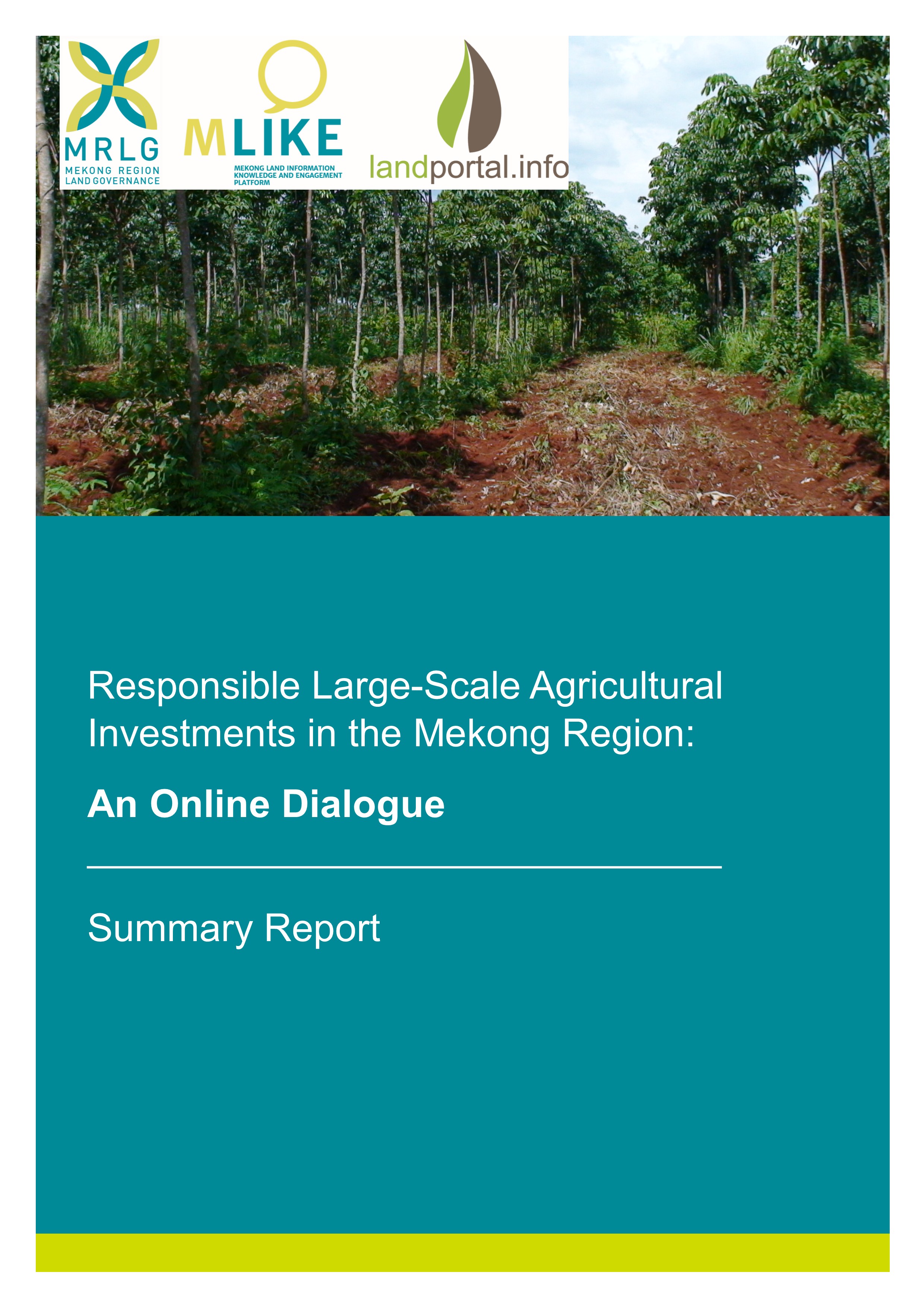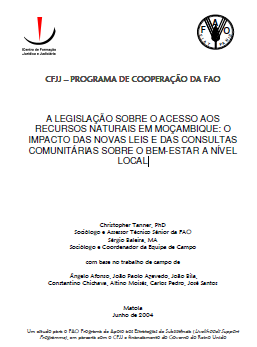Exploring future changes in land use and land condition and the impacts on food, water, climate change and biodiversity: Scenarios for the UNCCD Global Land Outlook
The pressure on land is growing in many regions of the world, due to the increasing demand for arable crops, meat and dairy products, bio-energy and timber, and is exacerbated by land degradation and climate change. This policy report provides scenario projections for the UNCCD Global Land Outlook, exploring future changes to the use and condition of land and the resulting impacts on food, water, climate change and biodiversity.


